Day in the life of
Interviewer – Federica Bressan
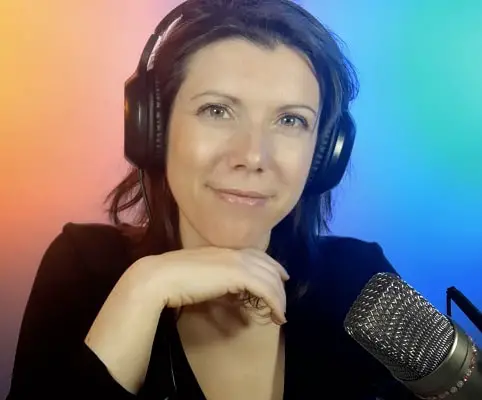
I’m a freelance science communicator with experience as an interviewer for audio (podcasts), video, and blog/magazines.
I wouldn’t say that I have a typical day, but my approach to preparing and conducting an interview is pretty standard by now. I normally seek guests myself, so there is a part of networking, pitching, inviting the guests to get involved. That requires that my portfolio and previous work is always up to date and available online. And lots of emails.
Once the guest agrees to be on my podcast / to participate in one of the other interviews that I do on the side (not for the podcast), I unleash the research work. I am curious by nature, and that’s what I love about this job. I will read and watch and absorb everything I can about the guest. I will not be shy to ask them to provide me with materials they think I should know, besides of course resorting to google.
I do a thorough work of preparation. Some guests, even those who are used to being interviewed on major platforms, were often surprised (in a good way) by the depth of my understanding of what they do, which led to interesting questions.
That’s the next point: I try to ask questions that have not been asked too often, or ever, and especially I ask myself what questions *only I* could ask. I never try to replicate other people’s interviews. That’s been done, it’s online, I don’t need to repeat it.
If I prepare the questions in advance, I share them with my guest. Sometimes they require that I do this, and I have no problem doing it. Sometimes (but rarely) they will propose a list of talking points, and I normally accept it. I have rarely interviewed people who shamelessly plug a product or service, so I feel relaxed that it won’t happen, but it’s happened twice so I know I need to stay alert (because that is not the type of interview I’m into).
I like to have a pre-interview if I don’t know the guest. If possible, on a different date than the recording. A few days before, ideally. If they allow for this, it helps both feel more relaxed. It also helps me assess how good a speaker the guest is, and on video – if they have the right lighting, etc. so the pre-interview gives us a chance to go through some technical aspects of the recording. I always want to make the guest feel at ease. If they feel you’re out to get them, they will shut down. I would do the same! So I want them to feel safe with me. Which does not mean I can’t ask difficult questions. It means that I don’t ask difficult questions to “get them”, to make them look bad, to give them a hard time, but only because I think that is a crucial question that has not been answered.
I guess the key is being truly interested in what you’re interviewing the person about. I have had colleagues ask me for advice on how to come up with questions because sometimes they are blank. I didn’t know what to say, because running out of questions is a problem I have never had in my life. And the reason must be that I’m interested in what we talk about. Nobody tells me to go and interview this person about x and y, and I can’t care less. I believe that doing what you do with a passion boils down to your work ethic. I would feel bad interviewing someone I don’t really care about. I have always kept excellent relationships with my guests. They are part of my extended network, and some of them I have interviewed again – proof that they liked to open up with me. I am quite proud of this aspect of my work. You have to be fair with your guests. “Respect the host, honor the guest.”
Pros
I currently work as a freelancer. Pros: I love what I do. And this is no small pro! It’s different every time. I keep learning new stuff, and I do so with dedication. I have worked as an academic researcher in the past 10 years, and I find that the horizontal type of learning that interviews expose me to is much more suited to me than the laser-focus attention I had to have in research. I had also worked as a journalist before doing my PhD, so I guess it was in the stars!
Another pro: you get to meet incredible people. I respect my guests immensely. I think it is a privilege to be able to reach out to someone like that, and ask for their time, and get to ask them interesting questions and listen to the answers. Doesn’t it sound like an absolute privilege? 🙂
Cons
Financial instability. At this point in time, I still conduct many interviews for free, just out of passion, to support my portfolio and build a reputation. I know it has to be like this. It takes time. But I would say that’s the biggest downside of what I’m doing.
If I have to add other negative things, I could say that today anybody feels they can do this, so there is a lot of “competition” out there, lots of noise, and not a clear understanding of what a good interview is, and a professional interviewer. But this is a long discussion. For sure, we can say that interviews a are very common format online because they are easy to do. Still, not every unedited convesation is an interview… some people should understand this.
Interviewers
interview persons by telephone, mail, in person, or by other means for the purpose of completing forms, applications, or questionnaires. Ask specific questions, record answers, and assist persons with completing form. May sort, classify, and file forms.

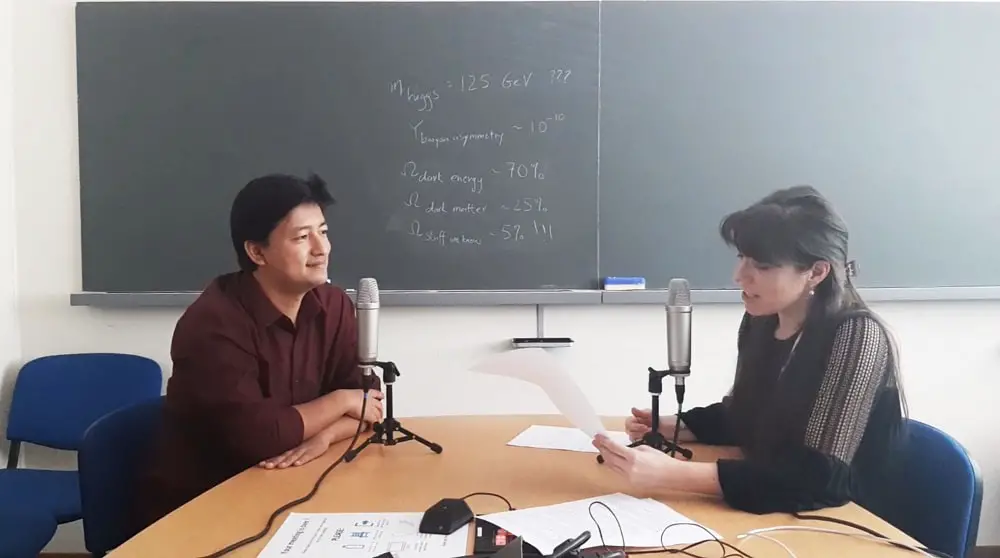
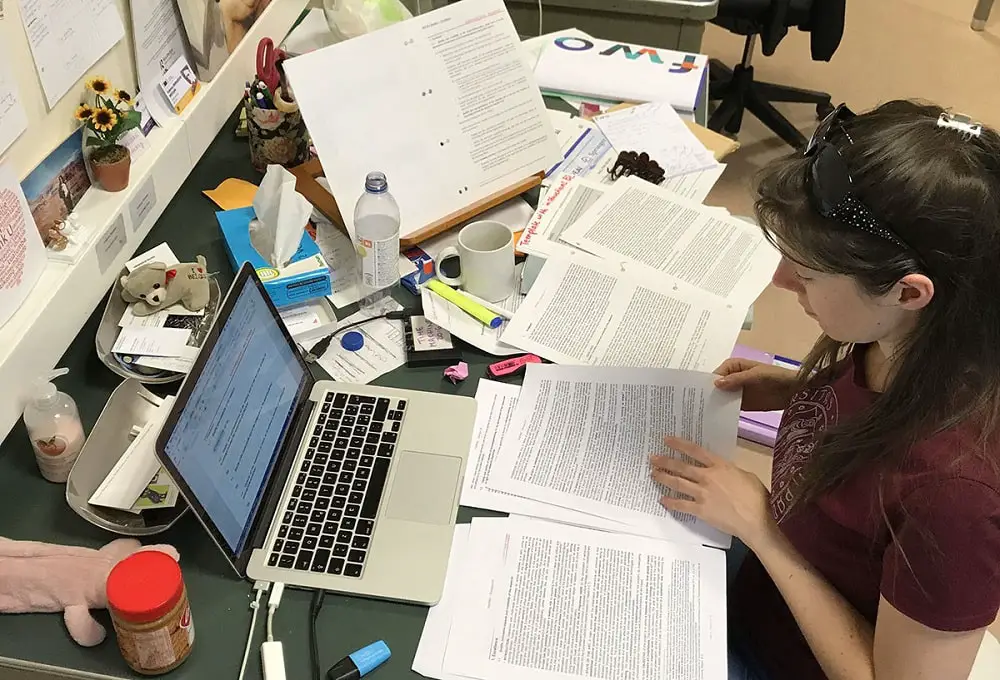
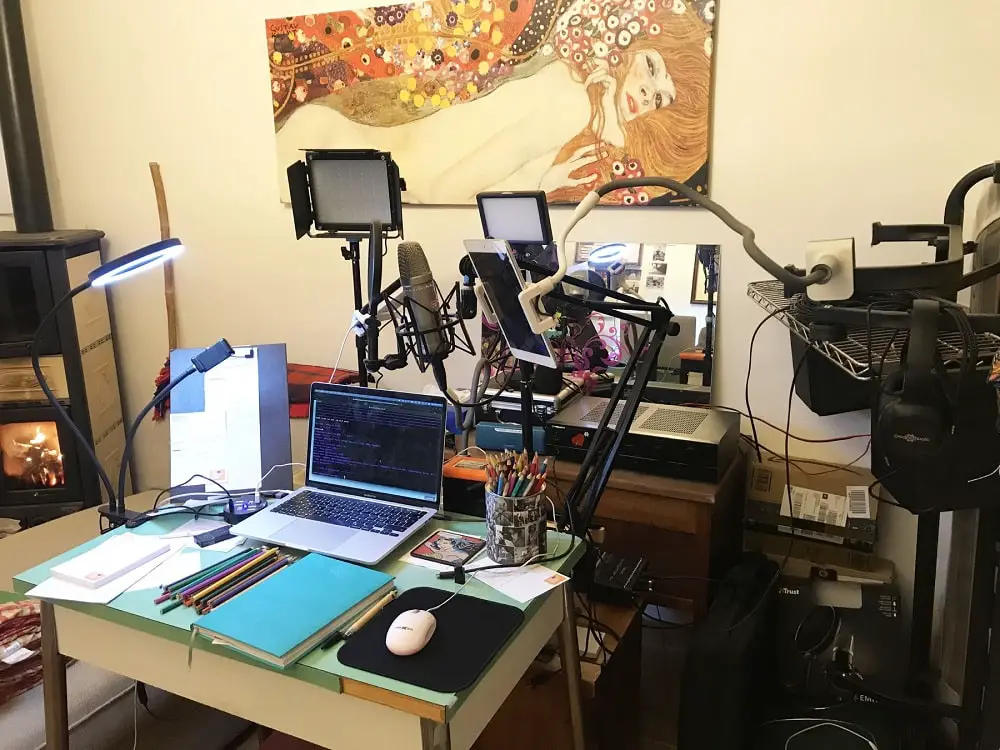
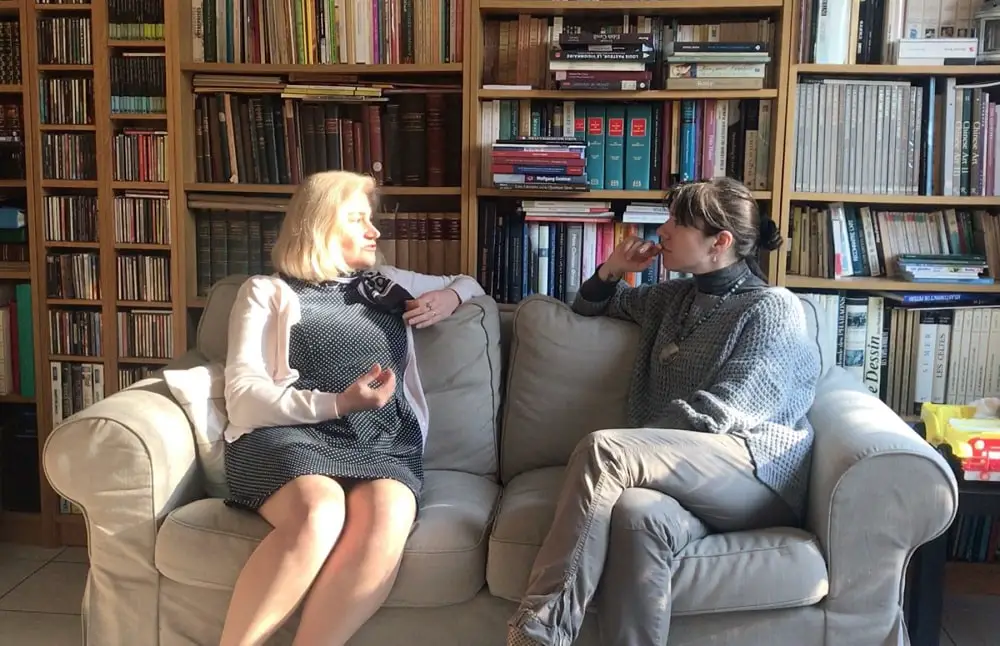
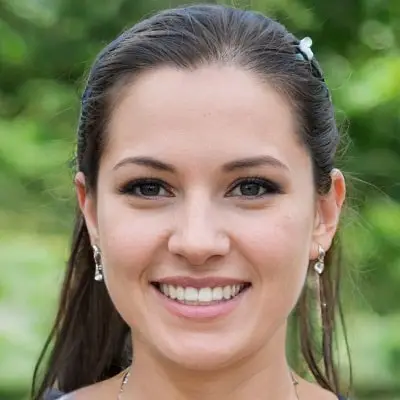
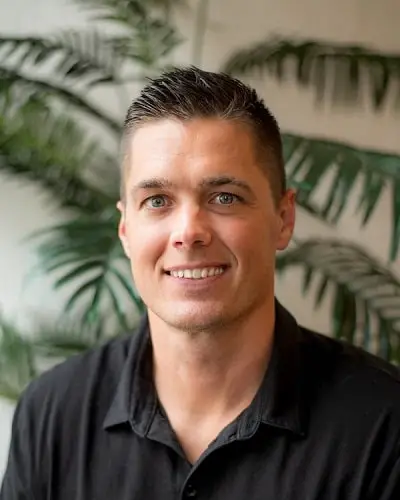
.jpg)